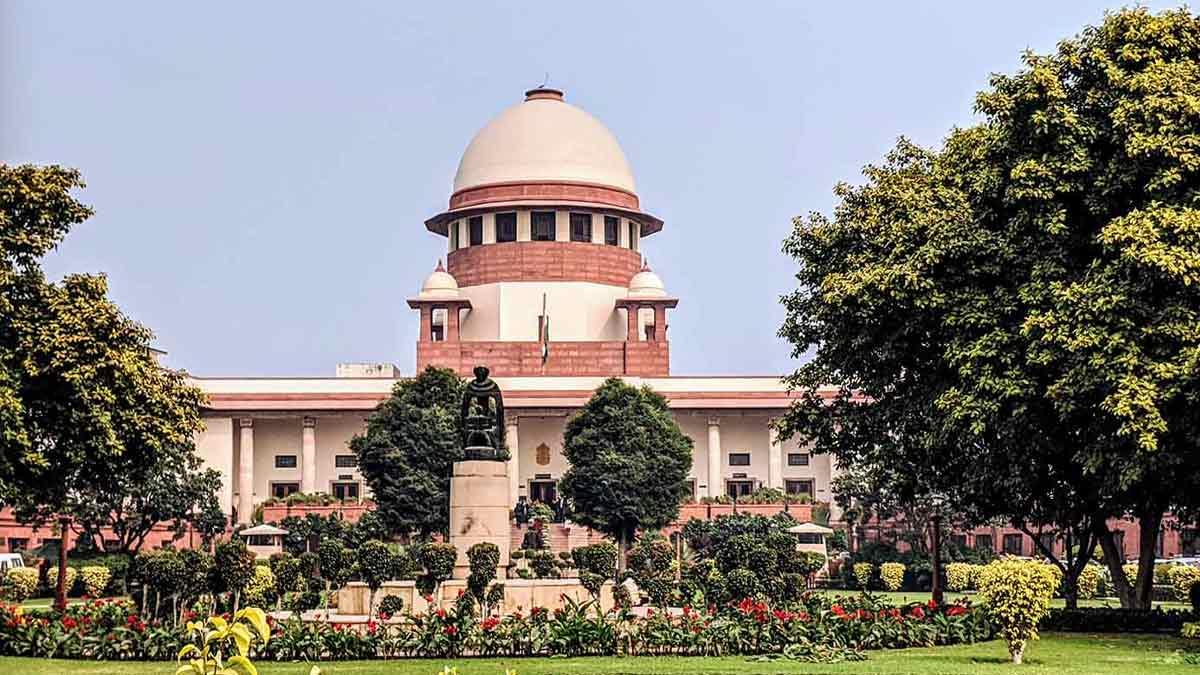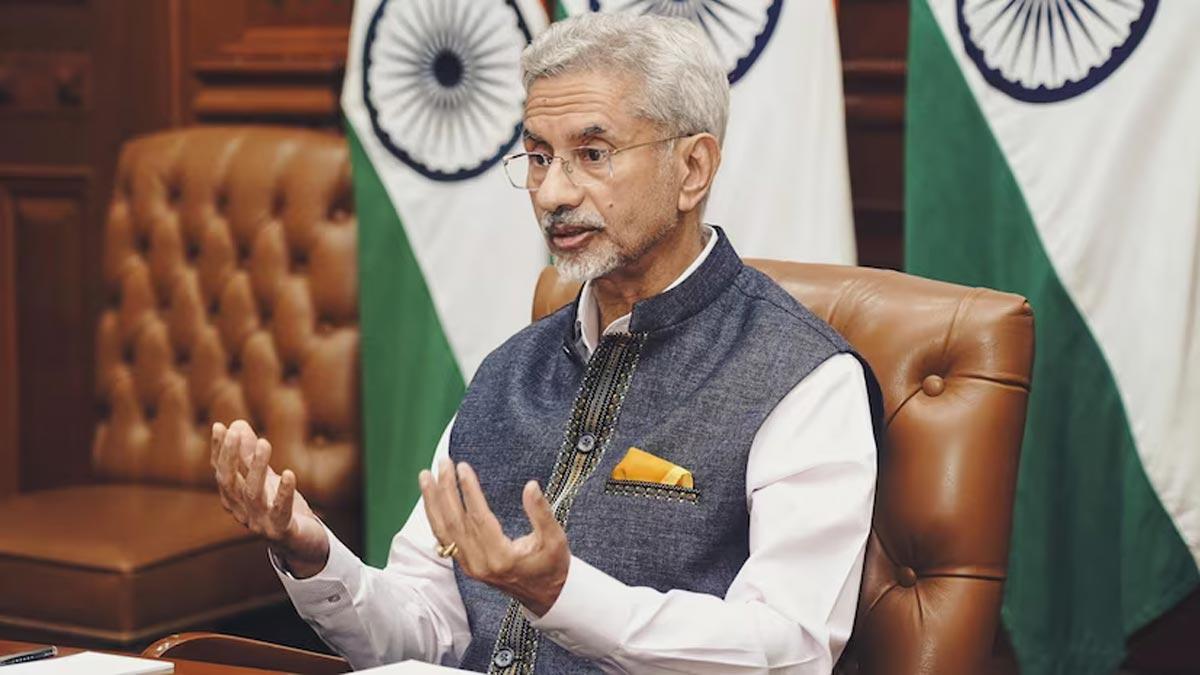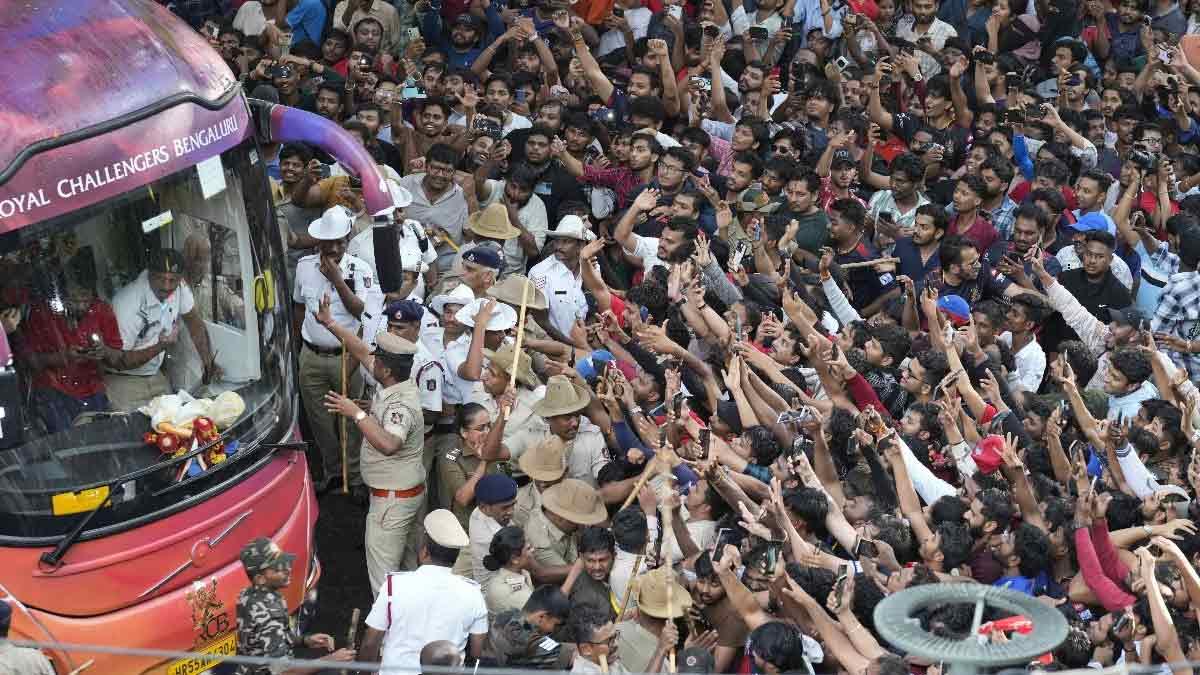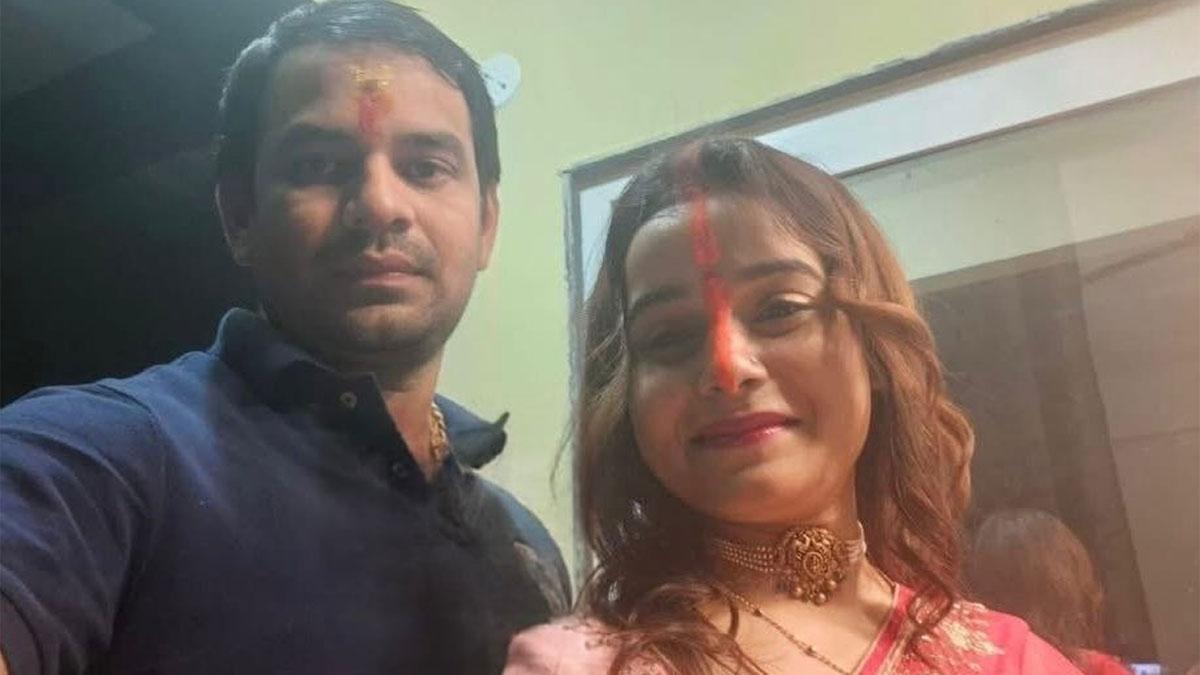The Supreme Court on Thursday said the executive and the legislature would decide whether persons, who had availed quota benefits and were in a position to compete with others, were to be excluded from reservation.
A bench of Justices BR Gavai and Augustine George Masih made the observation on a plea referring to a seven-judge Constitution bench judgment of the apex court in August last year.
"We have given our view that taking into consideration the past 75 years, such persons who have already availed benefits and are in a position to compete with others, should be excluded from reservation. But it is a call to be taken by the executive and the legislature," said Justice Gavai.
The Constitution bench ruled by a majority verdict that the states were empowered under the constitution to make sub-classifications within SC, which itself is a class socially heterogeneous for granting reservation for uplifting castes among them, socially and educationally more backward.
Justice Gavai, part of the Constitution bench and authoring a separate verdict, had opined that the states must evolve a policy to identify the "creamy layer" even within SCs and schedule tribes and deny them the benefit of reservation.
On Thursday, the counsel for the petitioner referred to the verdict of the apex court asking for the policy to identify such a "creamy layer".
Justice Gavai said the view of the apex court was that the sub-classification was permissible.
Petitioner's counsel said the Constitution bench had directed states to formulate the policy and almost six months had passed since.
"We are not inclined," the bench said.
When the counsel sought permission to withdraw the plea for filing a representation before the authority concerned which could decide on the issue, the bench allowed it.
He argued that states would not frame the policy and eventually the top court would have to intervene, to which the court said, "The legislators are there. Legislators can enact a law."
On August 1 last year, the verdict of apex court was clear on the states making a sub-classification on the basis of "quantifiable and demonstrable data" of backwardness and representation in government jobs and not on "whims" and as a matter of "political expediency".
The seven-judge bench, by a majority of 6:1, set aside the verdict of the five-judge bench of the apex court in the case of EV Chinnaiah v. state of Andhra Pradesh of 2004, which held no sub-classification of SCs could be allowed as they were a homogeneous class in themselves.
Read also| Karnataka HC Denies Wife's Plea to Quash FIR in Atul Subhash Suicide Case
Read also| Maldives a 'Concrete Expression' of India's 'Neighbourhood First' Policy: EAM Jaishankar


















